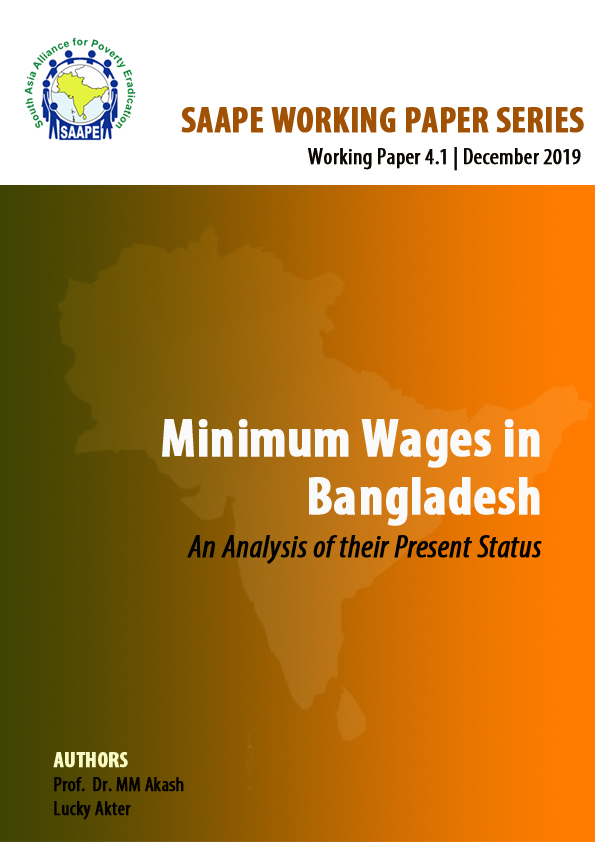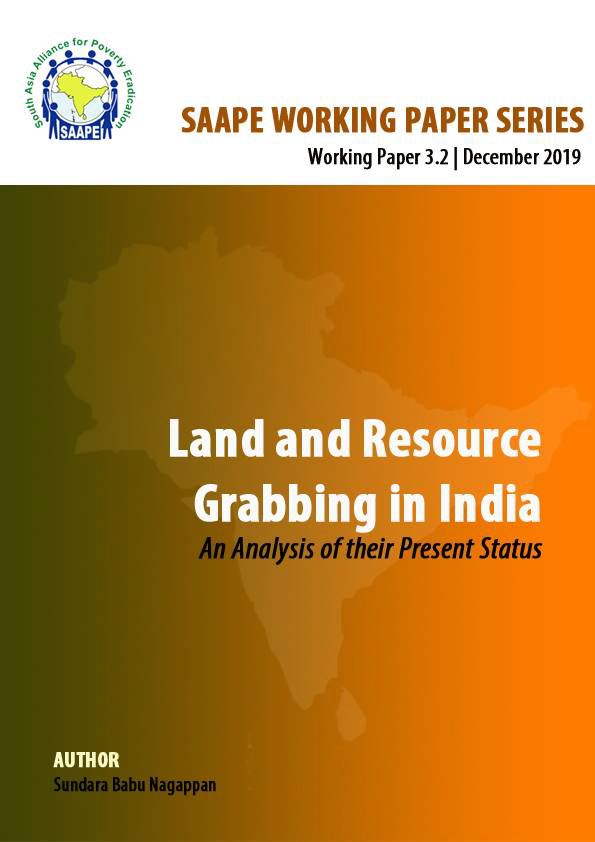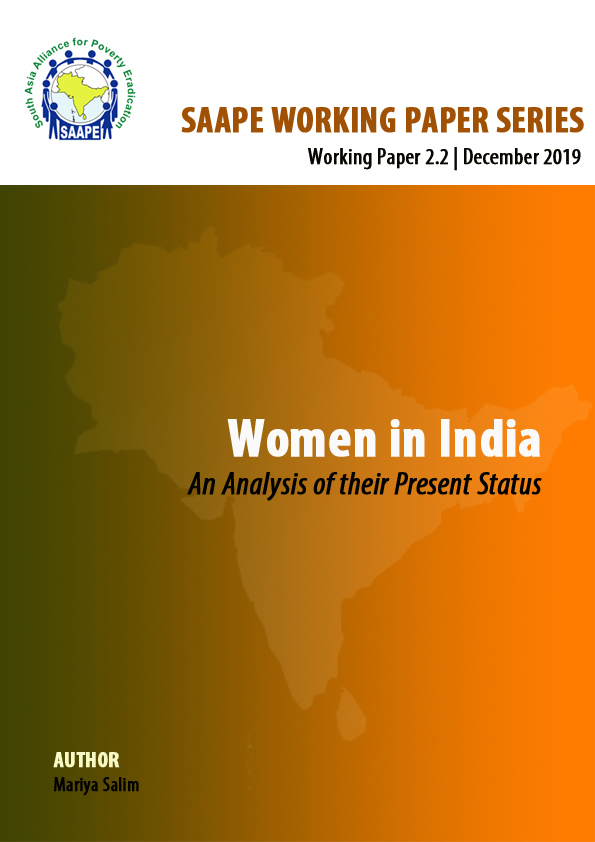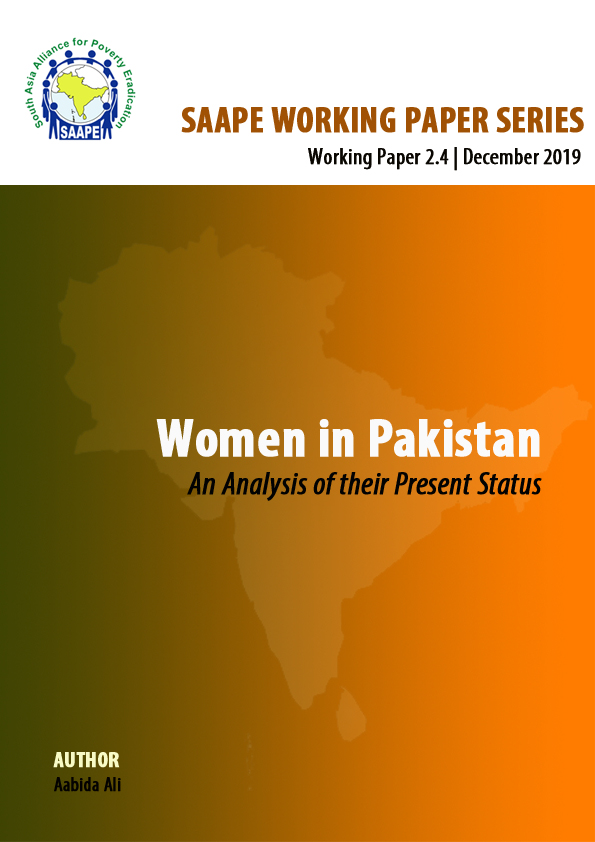And Injustice In South Asia
And Injustice In South Asia
About SAAPE
South Asia Alliance for Poverty Eradication (SAAPE) is a regional platform of civil society organizations, social movements, and people’s networks fighting unitedly against the structural causes of poverty and social injustices in the region and beyond.
It was conceived in 2001 against the backdrop of increasing anti-people globalization marked by privatization, deregulation, extractivism, and capital accumulation. SAAPE’s mission is to facilitate the process for establishing mechanisms to ensure people’s genuine participation in the decision-making processes at all levels to contribute towards poverty eradication and sustainable development. SAAPE facilitates linkages among and between groups in the region, throughout the global South, and with like-minded groups in the North.

Mission
SAAPE’s mission is to intervene on the issues of poverty and exclusion for pro-poor people of South Asia.
Vision
SAAPE envisions just societies that enjoy all human rights and freedoms, giving dignity to individuals.
Strategy
SAAPE brings together existing like-minded networks to strengthen and build on their work.
Our Approaches
Develop research to support advocacy and lobbying activities aimed at regional and national level decision-makers of the South highlighting the concerns and perspectives of marginalized groups and advocate pro-poor policies. And consolidate their struggles and experiences to influence the international players, particularly of the North.
Build capacity and understanding amongst members’ constituencies to empower them to participate in development processes on their own term and implement their own solutions.
Resources
Get actionable insights and tactics for scaling your startup to success.

Beyond the Cup: Unpacking Nepal’s Tea Supply Chain and the Challenges For Workers and Smallholders

Reimagining Care Work in Nepal:Towards Transformative Policy Measures &Alternative Financing Models


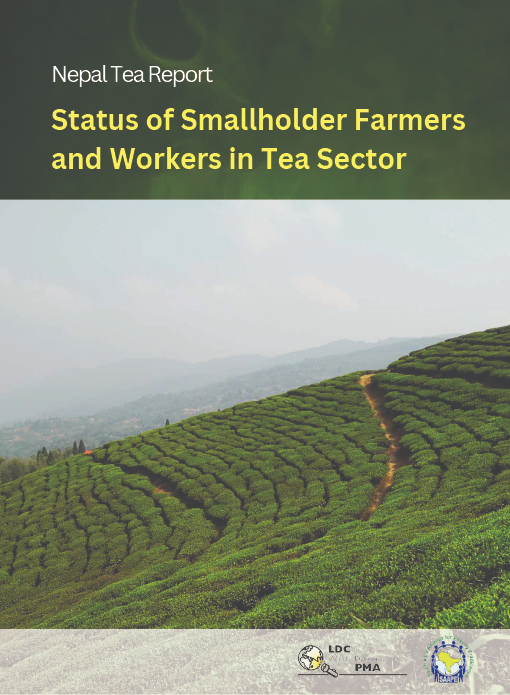
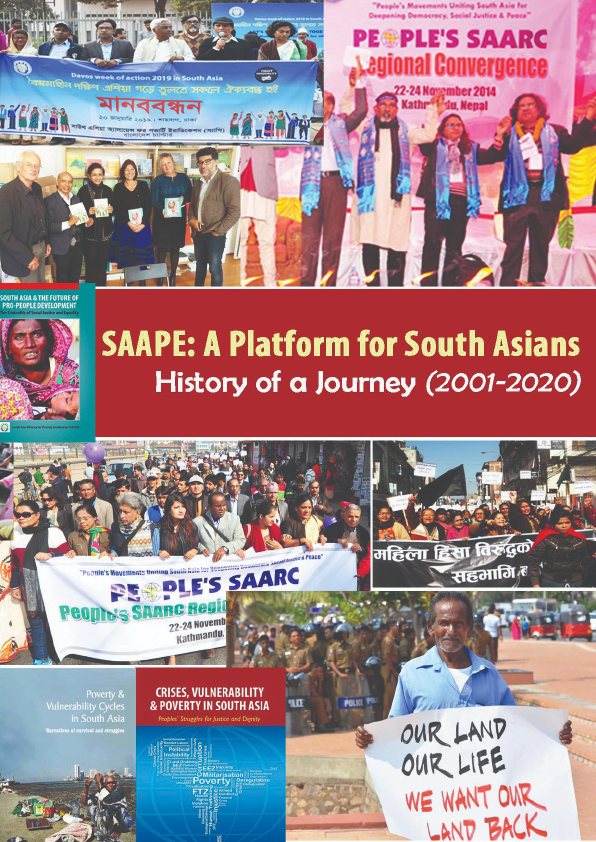




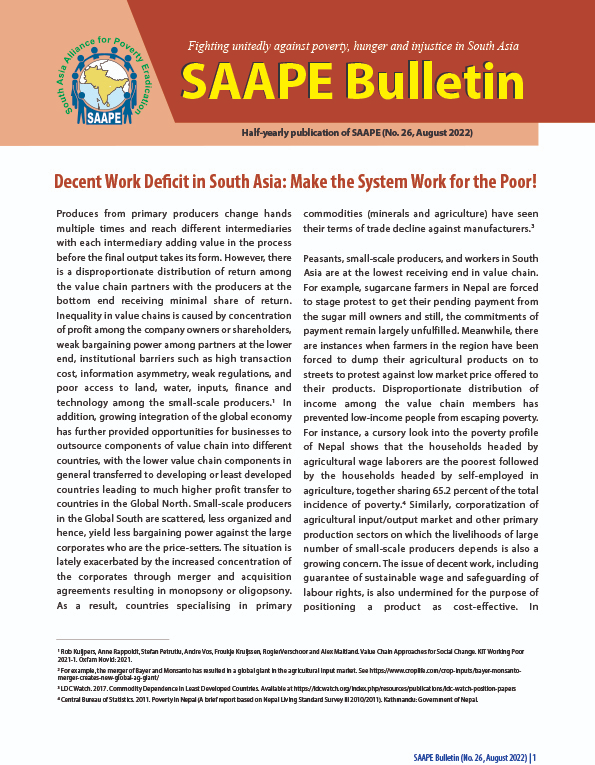
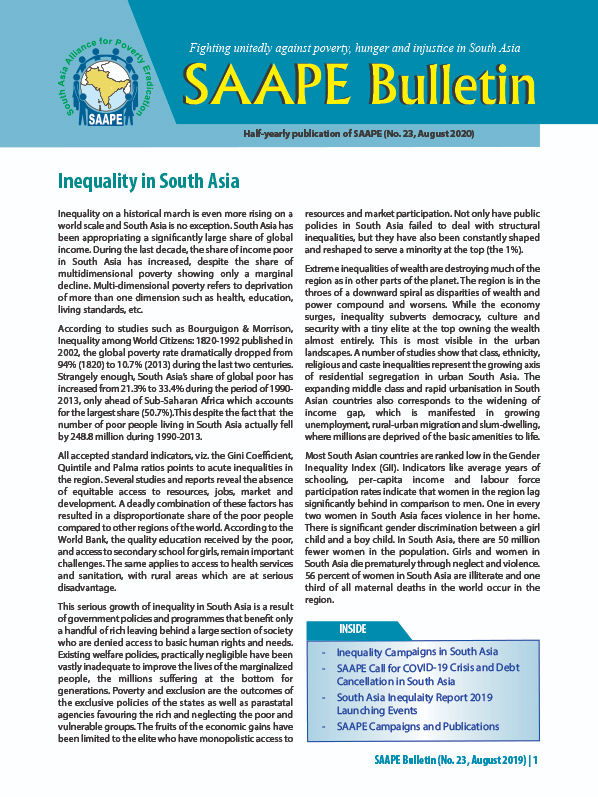
National Consultation on Financing for Development: Nepal’s Role and Responsibilities in the FfD4





South Asian Women’s Convergence On Local Governance And Women’s Political Participation, 2017
